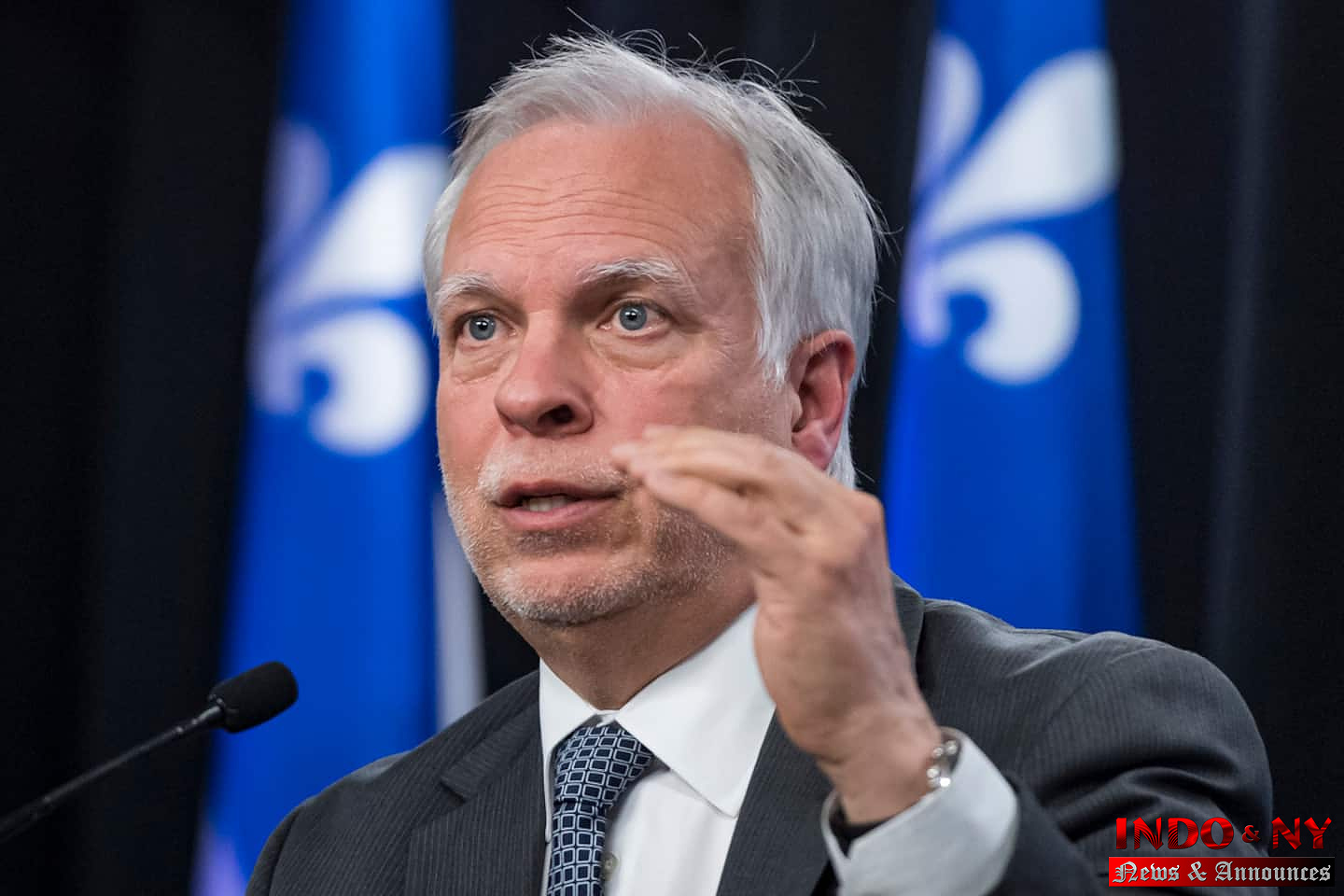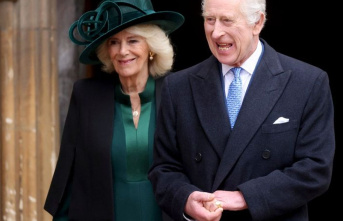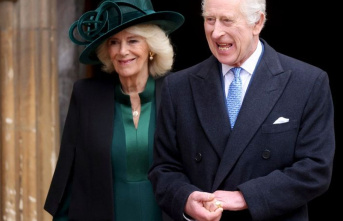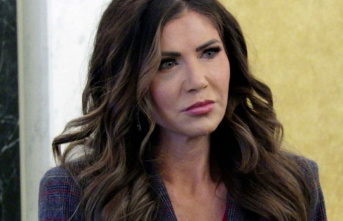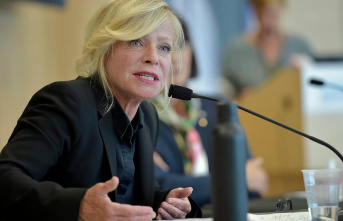From Saturday, the obligation to wear a mask will end in Quebec, a recommendation maintained by Public Health, which believes that the situation is going “in the right direction”.
• Read also - Protective equipment during the pandemic: Quebec acted more than a month late
“Deaths, hospitalizations, absences of health care workers, all the indicators are constantly decreasing. It shows that we were right to gradually begin a return to normal, ”summed up Dr. Boileau, acting national director of public health, who took stock of the current situation on Wednesday.
Dr. Boileau nevertheless recommends that vulnerable people continue to wear the mask. And although the obligation to wear a mask will be lifted in public places, it will still remain in place in public transport, in hospitals, as well as in CHSLDs.
“We hope and we are quite convinced that the removal of the wearing of the mask during the weekend will not affect the downward curve that we have. We still want to give ourselves the time to observe that before going any further,” he explained.
For the past two years, health measures had been eased during the summer, when COVID was less severe, and then reinstated once fall arrived. A scenario that Dr. Boileau does not want, who instead favors “constant communication” and public awareness.
“We should be able to navigate with public policies that will be less restrictive. But we don't know what will be ahead of us. We will have to be attentive to all this, but it is not what we want, ”he argued.
Given the improvement observed in the situation in Quebec, he also plans to reduce the frequency of his press briefings.
Booster dose
Dr. Boileau also wanted to clarify who the booster doses are for, given the high number of questions.
The first booster dose, commonly called the third dose, is recommended for anyone over the age of 18, including pregnant women.
It is also recommended for adolescents aged 12 to 17 considered to be at “high risk of complications if they have COVID, or who live in closed collective settings”, specified Dr. Boileau. However, all teenagers can receive it, if they wish.
The fourth dose, for its part, is rather recommended for those living in CHSLDs or in residences for the elderly. It is also suggested for people aged 80 and over, as well as those immunosuppressed or on dialysis over the age of 12.
“Highly vulnerable” people living in remote communities can also benefit.
“There are few advantages to receiving this booster dose if you are not one of these clienteles. Despite this, people aged 18 and over could take advantage of it, if they wish, ”explained Dr. Boileau.
1

